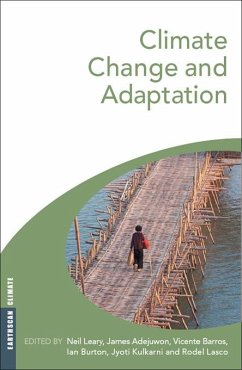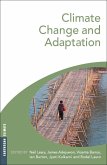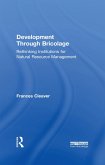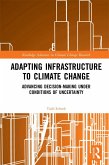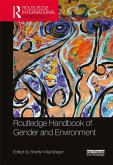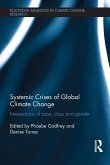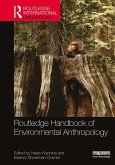Richard Moss, Senior Director Climate and Energy, United Nations Foundation
¿An excellent addition to the body of knowledge on adaptation to climate change from the developing world, which has been largely missing until now.¿
Saleemul Huq, Director, Climate Change Programme, International Institute for Environment and Development
¿This important volume is a valuable effort on adaptation to climate change that needs to be on the desks of those seeking coping strategies for longer term responses to evolving climate changes.¿
Roger Kasperson, Emeritus, Clark University, USA
The IPCC, winner of the Nobel Peace Prize for 2007, makes clear that while climate change mitigation is vital, the world must also begin to adapt. But how best can this be achieved? This authoritative volume (along with its companion on vulnerability), resulting from the work of the Assessments of Impacts and Adaptations to Climate Change (AIACC) project launched with the IPCC in 2002, is the first to provide an in-depth investigation of the stakes in developing countries. It covers current practices for managing climate risks, deficits between current practices and needs, the changing nature of the risks due to human caused climate change, strategies for adapting to changing risks, and the need to integrate these strategies into development planning and resource management. The book also identifies obstacles to effective adaptation and explores measures needed to create conditions that are favourable to climate change adaptation.
Published with TWAS and START
Dieser Download kann aus rechtlichen Gründen nur mit Rechnungsadresse in A, B, BG, CY, CZ, D, DK, EW, E, FIN, F, GR, HR, H, IRL, I, LT, L, LR, M, NL, PL, P, R, S, SLO, SK ausgeliefert werden.

